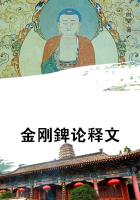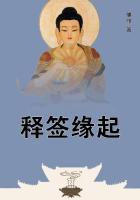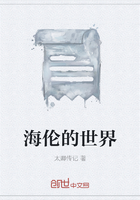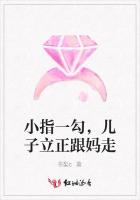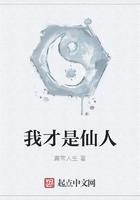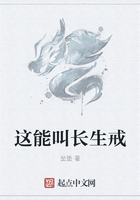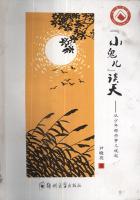Conversely, everybody acts as if trees, rocks, and people were realities; as if fatigue, sickness, age, etc., affected consciousness. That is why, in this book, we are discarding as irrelevant the "ultimate" truth concerning consciousness. My humble belief is that the ultimate truth in this matter will never concern us because we shall never know it.
However widely we spread the function of consciousness and its domain, we still leave a large field of activities untouched. And so we come to the conception of the subconsciousness. There are two prevailing sets of opinions concerning the subconscious.
The first is quite matter-of-fact. It states that the movements and activities of a large part of the body are outside of the realm of consciousness, such as the activities of the great viscera--heart, lungs, intestines, liver, blood vessels, *** glands--and are largely operated by the vegetative nervous system.[1] There are influences pouring into the brain from these organs, together with influences from muscles, joints, tendons, and these influences, though not consciously itemized, are the subconsciously received stimuli which give us feelings of vigor, energy, courage, hopefulness, or the reverse, according to the state of the organism. In health the ordinary result of these stimuli is good, though people may have health in that no definite disease is present, and yet there is some deficiency in the energy-arousing viscera which brings a lowered coenesthesia, a lessened vigor and lowered mood. In youth the state of the organs brings a state of well feeling; in old age there is a constant feeling of a low balance of energy and mood, and the person is always on the verge of unpleasant feeling. In the great change periods of life--at puberty and the climacteric (or the menopause)--the sudden change in the activity of the *** organs may produce great alterations[2] in the coenaesthesia and therefore in the energy and mood of the individual.
[1] This is not the place to describe the vegetative nervous system. (It was formerly called the sympathetic nervous system, but this term is now limited to one part of this system, and the term autonomic to another part, although some writers still use the term sympathetic for the whole, and others [the English] the term autonomic for the whole.) This system is the nervous mechanism of organic life, regulating heart, lungs, blood vessels, intestines, *** organs, acting together with endocrines, etc. A huge amount of work has been done of late years on this system and we know definitely that it stimulates, inhibits and regulates these organs, and also that it records their activities. We are commencing to believe that this system is fully as important, in mental life, as the brain. See Langley, Schaeffer, Higier, etc.
[2] This is especially true of the menopause in women, and often enough of each menstrual period. That there is a climacteric in men is not so clear, but something corresponding to it occurs, at least in the case of some men.
In addition, these activities, which are so all-important, determine the basic conduct by arousing the basic appetites and desires of the individual. It is the change in the gastro-intestinal tract and in the tissues of the body that starts up the hunger feeling and the impulses which prompt men to seek food; in other words, this type of coenaesthesia has set going all the physical and mental activities relating to food; it is the basic impulse behind agriculture and stock raising, as well as energizing work activities of all kinds. It is the tension in the seminal vessels of the male that wakes up his passion, if it is not the sole source of that passion. Sex desire in the ***** male has many elements in it, not pertinent at present, but the coenaesthetic influence of the physical structures is its starting point. In men as well as women there is a cycle of desire, with height due to physical tension and abyss following the discharge or disappearance of tension, that profoundly influences life and conduct. Here the sympathetic nervous system and the internal secretion of the genital glands awaken into sexual activity brain, spinal cord and muscles, so that the individual seeks a mate, plunges into marriage and directs his conduct, conscious of taste and desire, but largely unconscious of the physical condition that is impelling him on.
In this sense the subconscious activities dominate in life, because the functions of nutrition and reproduction are largely unconscious in their origin, but there is no organized, plotting subconsciousness at work.
Once a thing is experienced, it is stored in memory. What is the basis and position of a memory when we are not conscious of it, when our conscious minds are busy with other matters? What happens when a desire is repressed, inhibited into inaction; when consciousness revolts against part of its own content? Is a "forgotten" memory ever really lost, or a desire that is squelched and thrust out of "mind" really made inactive? Do our inhibitions really inhibit, or do we build up another self or set of selves that rise to the surface under strange forms, under the guise of disease manifestations?
Sigmund Freud and his followers have made definite answers to the foregoing, answers that are incorporated in a doctrine called Freudianism. Freud is an Austrian Jew, a physician, and one that soon specialized in nervous and mental diseases. Early in his career he did some excellent work in the study of the paralysis of childhood (infantile hemiplegia), but his attention and that of an older colleague, Breuer, were soon drawn (as has occurred to almost every neurologist) to the manifestations of that extraordinary disease, hysteria. Hysteria has played so important a role in human history, and Freud's ideas are permeating so deeply into modern thought that I deem it advisable to devote a chapter to them.

